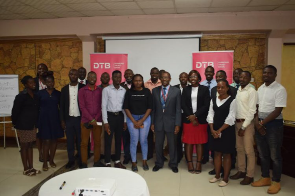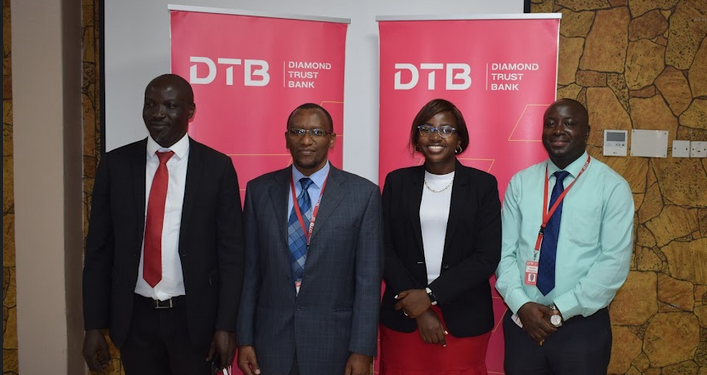The Head of Financial Literacy at Bank of Uganda, Tilda Nabbanja Turyagenda, has cautioned journalists on the need for knowledge, skills and confidence to manage finances well.
Nabbanja said most challenges in handling finances are in areas of savings, investment, loan management, insurance and retirement, among others.
She noted that a recent survey dubbed “the Capability survey 2020 report of the Bank of Uganda” revealed that only 8.6% of Ugandans are able to survive for six months after suffering job loss.
Nabbanja added that 21% save to achieve goals; 0.7% save for leisure activities while 43.9% save to consume.
“Can we continue saving with a goal that leaves something to show for your money? Eat [sic] your money with a plan. You need to change your knowledge. When you know better, you can better achieve realities,” Nabbanja said.
She revealed that 80.7% of businesses are started with savings, however, only 47.7% use their own savings to grow their business, meaning the rest prefer to approach a financial institution for a loan in order to expand their businesses.
Nabbanja says that 51.5% attribute failure to succeed in business to lack of finances as a key challenge of business growth.
“Use a budget plan for all the money you are blessed to receive. Make your monthly budget. For every shilling that comes into your life, agree with it on paper that it is an expense that you need to go into.”
She advised business owners to start investments with savings and only borrow to grow investments.
 The advice comes towards the World Savings Day celebrations also known as World Thrift Day. It is celebrated on October 31 every year.
The advice comes towards the World Savings Day celebrations also known as World Thrift Day. It is celebrated on October 31 every year.
The day highlights the necessity of saving for the future.
Nabbanja made the remarks at a Financial Literacy Training organized by Diamond Trust Bank Uganda, Be Money Wiser, among others.
Speaking at the same training, Diamond Trust Uganda Executive Director, Mr. Karuiki Maina, said the media has a major role of promoting financial literacy in Uganda.
According to Kariuki, there are times when an individual is prospering while there are also the tough times.
He asked journalists to always strive to save a penny from all the incomes they get. “Set aside some of your income for tomorrow.”
He added: “You need to invest, no matter how much you earn. You will never have enough anyway. Do something about the resources that you are earning. When you move a step, the portion you save will increase automatically. Plan your life accordingly.”
According to Samuel Matekha, the head of marketing and communications at DTB, the training was organized to empower members of the society on financial literacy.
He explained that in some circumstances, members of society have finances but don’t know how to use them and end up blowing whatever they have.









